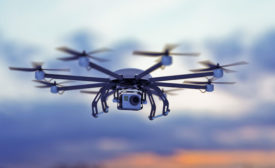Featured on Home Page
From the U.S. Department of Labor:
Putting the brakes on unsafe conditions – wherever we find them
January 3, 2017
Become a Leader in Safety Culture
Build your knowledge with ISHN, covering key safety, health and industrial hygiene news, products, and trends.
JOIN TODAYCopyright ©2025. All Rights Reserved BNP Media.
Design, CMS, Hosting & Web Development :: ePublishing









